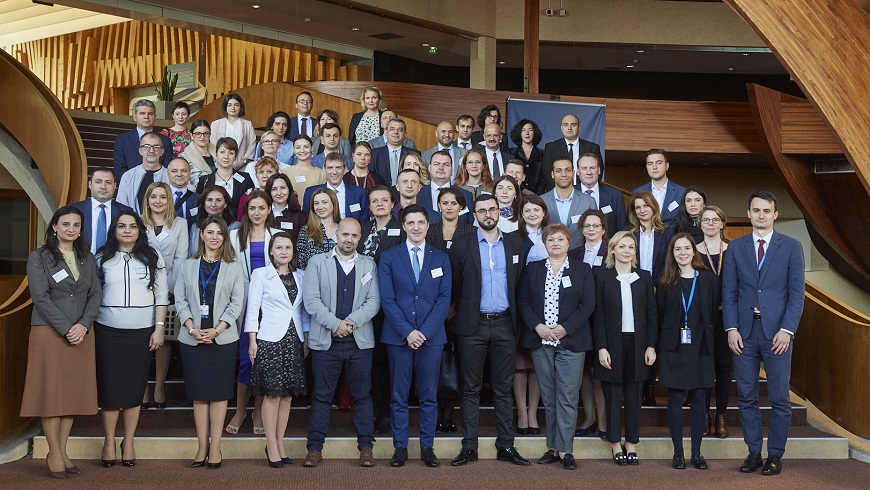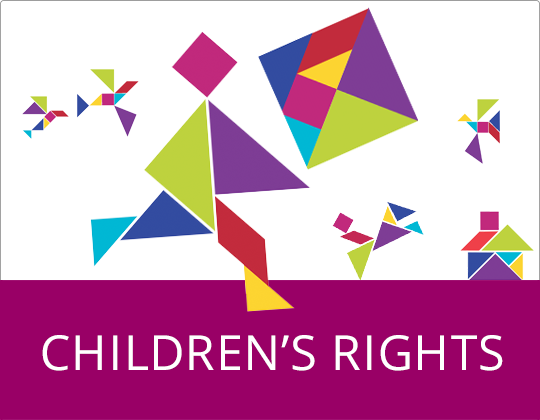The Council of Europe organised the first Regional Conference on the Council of Europe’s project to end online child sexual exploitation and abuse @ Europe (EndOCSEA@Europe).
While the exact number of victims of online child sexual exploitation and abuse (OCSEA) is unknown, reports show that tens of thousands of children of all ages fall victim to this crime each year. More than 79% of reported victims are children aged between 4 and 13 years old. This crime is often transnational in nature and ever evolving; recent trends include live streaming of child sex abuse, increases in exchanges of self-generated sexually explicit images, as well as in online sexual coercion and extortion.
“Digital technologies can be mis-used and distorted to infringe upon the child’s right to privacy, health and in particular the child’s right to a life free from violence,” said Jeroen Schokkenbroek, Director, Anti-Discrimination Directorate of the Council of Europe in his opening remarks. He cited bullying and sexual exploitation and abuse of children as two prevalent rights violations that are amplified by the use of ICTs.
This regional conference aimed to raise awareness about online sexual exploitation and abuse, and to strengthen effective responses by states, NGOs and private sector, to prevent and combat the crime, to uphold the rights of the child and protect children in the digital environment.
“A wide range of stakeholders are in charge of: protection from, prevention of and the fight against sexual exploitation and abuse of children,” Jeroen Schokkenbroek stressed. “Co-ordination between agencies, particularly the education and health sectors, social services, law-enforcement and judicial authorities is absolutely necessary to protect children and to prevent and combat this crime."
The conference brought together representatives of law enforcement agencies, Ministries of justice and of education, judges and prosecutors, as well as child protection agencies, mainly from the focus countries of the project: Albania, Armenia, Azerbaijan, Bosnia and Herzegovina, Georgia, Republic of Moldova, Montenegro, Serbia, Turkey and Ukraine, and high-level speakers from major international organisations and NGOs.
Armenia, Azerbaijan, and Ukraine have been endorsed as pilot countries, for which technical support will be provided to conduct in-depth analysis of national responses and existing gaps in legislation and practice; training strategies and tools will be developed with a view to scaling them up in other member states. As part of these activities, the EndOCSEA@Europe project experts are expected to go on fact-finding missions to Ukraine and Azerbaijan in June 2019 and to Armenia in September 2019, and an open call for applications to develop awareness raising tools and materials has been launched.
The Council of Europe gratefully acknowledges the financial support provided by the Fund to End Violence Against Children for this programme.





